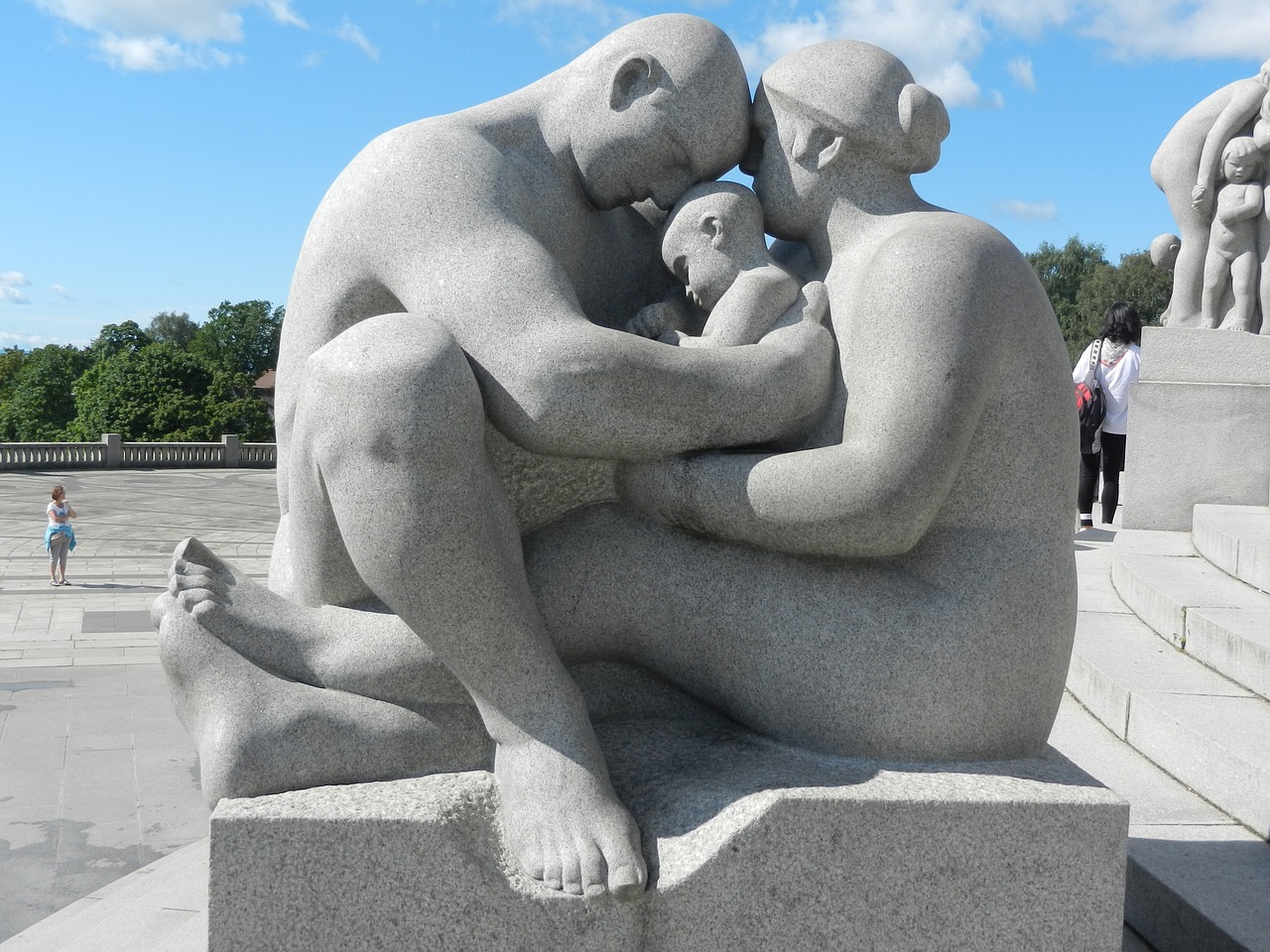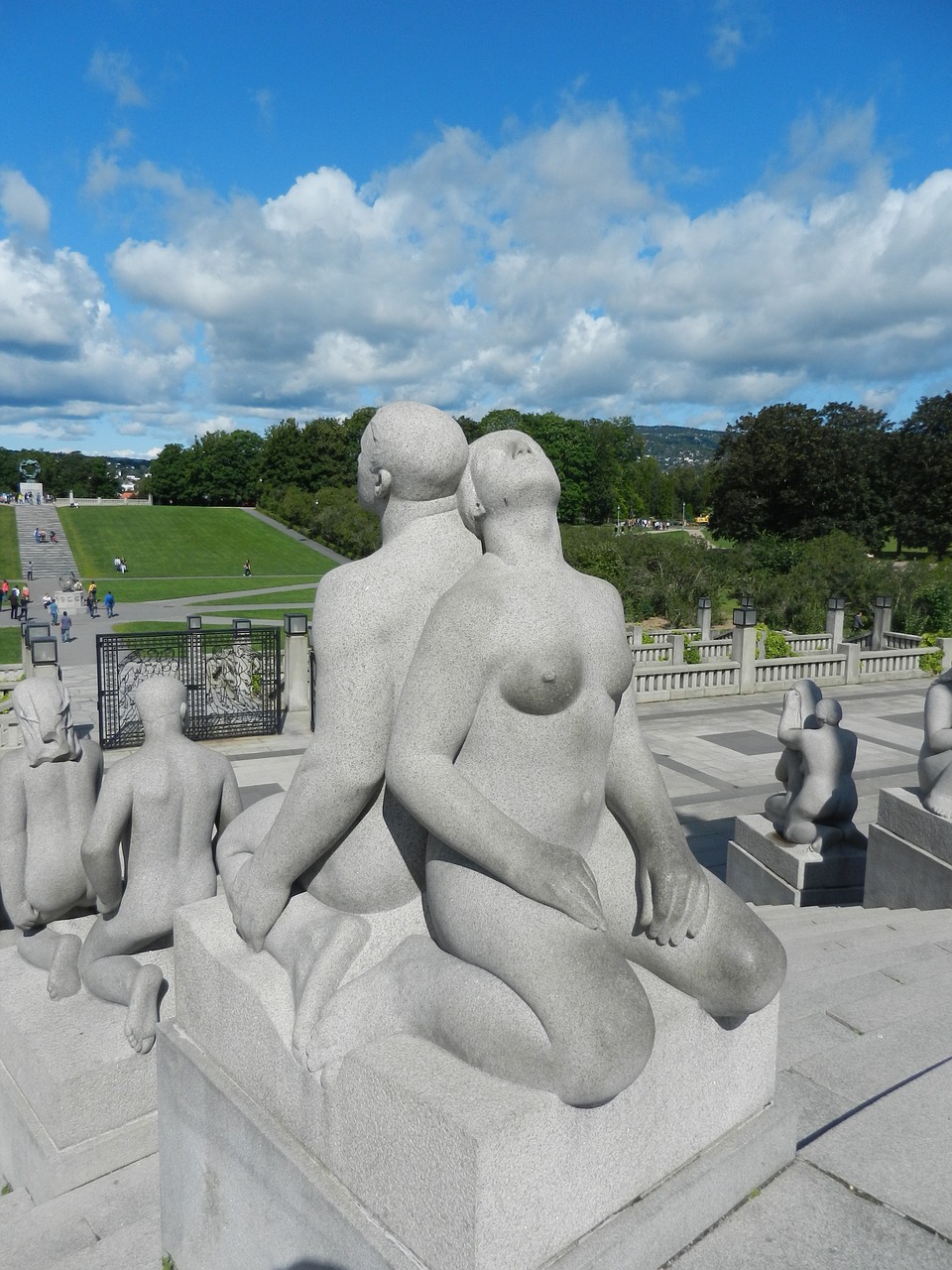The Nordic Countries and a Winnable Campaign for Women’s Rights in the US

From the audience, listening to Sanders, it sounded like harangue. This is completely different, the opposite of the inspirational tone delivered by Obama, and it was different in another way. Sanders, in an early televised debate, lauded Denmark, Norway, and Sweden. This is the real difference between the candidates: Sanders didn’t present an amorphous hope, an idealized change, he pointed directly at social policy that works, that’s currently in place in other countries, social programs where the citizens have placed a significant portion of their income to public rather than private consumption. In the Nordic countries when they pay taxes, they’re paying for benefits: paid parental leave, day care, universal public K-PhD education, health care, home health care for the elderly. It’s not individuals making sacrifices for other people, when someone pays taxes in the Nordic countries they are buying services for their own benefit. And through their collective effort, they created a place where one would want to live. Sanders directed our nation’s attention at smart social policy that works. Rather than repeat the self-referencing common to America, he directed attention to other countries, people who have made choices to create social benefits.
I wanted to share this idea with my friends. Steven and Andy sat at diagonals and talked more than Mike or me. Andy is something of an entertainer and he’ll play, like a game of wit, to ease the flow, and Steven is a video blogger and comfortable talking, so they kept up a dialogue and I inserted an observation here or there and said things to bring Mike into the conversation. Every group has its dynamic and ours wasn’t right or wrong, just forces at play—it could be that Mike was in a situation where he didn’t know these guys and wanted to listen and get to know them, I can’t say because I haven’t spent enough time with him but I’ve taken to introversion for the nerves of voicing my opinions. Even there with friends, seated in a café, I felt the jitters of exposure and vulnerability and also the power of giving voice to my thoughts, it was an observation about the difference between candidate Obama and Bernie Sanders.
Obama’s campaign hinged on a visionary hope, as if by breaking the taboo of having a black man in office everything else would fall, the whole system would be different. That was change, our hope for transformation, a deliverance from the corruption and war we had come to know from presidents.

The summer of 2008 I was in Berlin for the month of July and it was where Obama gave his only speech while visiting Europe. Earlier that year I had seen his book—I was working as a language coach in Spain—and after reading it became enamored of the guy; and the day he was to talk I got to the park early, it was all I wanted to do that day and I stood before the podium placed in a roundabout that had a huge spire with trumpeting angels atop. The park was filling up and toward the front we waited on our feet, I had given myself a four hour head start and the waiting was upheld by excitement, though I wasn’t with a friend the conversations were as close as our bodies and I listened to the great hope, this great anticipation!
I had never heard his voice. I was living in Madrid and with no television or radio broadcasting his voice. It was only the words, Dreams from My Father, and The Audacity of Hope, that had captured me. His father became a politician in Africa and the son, Barack, seeks the father and becomes the idealized man of his imagination: this is how I saw the aspirational Obama. The moment he spoke, the first phrase, I felt the resonance of Martin Luther King Jr. in the voice coming to my body for a moment, it was history, alive, the great risk, a black man running for president! Now that it has happened and he has become President, it is too easy to forget what a change this represented, Obama also represented personal risk because Americans remembered the history of their slain leaders all the way to Lincoln, and he was, this Senator from Illinois, being compared with Lincoln. So we had that frame to view the candidate, and it was upon belief, like faith: one believes he is the great man, he will usher in transformation and the Republic will be remade by justice.
The representative of the underclass, the victimized and the forgotten, the former slaves, this touched our Biblical imagination, and that was sufficient. Obama had the movement of a star, a celebrity, a man so well-spoken that he could write his own speeches! He makes money selling books! And when it was in the press last fall that candidate Sanders would speak for the first time in Portland, I went. I had to go, here was the one to elect, what was he going to say? When Sanders made his appearance on the stage he did not sound like a star, he didn’t have the aura of history that Obama carried. Here was Bernie Sanders, a gentleman, an elder, a statesman, a senator, and that’s how he sounded: Senator Sanders. He didn’t trumpet a visionary hope, he sounded out a litany of abuses, the suffering of working men and women, the wrongs done and the policy that would change it.
In 2008, it was like a Hollywood movie, wow, that’s amazing, that’s impossible, a black President of the United States. Now it’s also a Hollywood cliché, the magical negro, we see it in American movies, a wise negro, a golf caddie who through years of watching and learning can lift one to greatness, and it’s magic, African magic, African-American Magic! And after the election and a few days into January of 2009 you read in the paper that the President has continued bombing Pakistan. He selects his cabinet from the ranks of Ivy League, bankers, people who served Bill Clinton in deregulating Wall Street. They are sophisticated, sophistication is a word of mystification, it’s complicated and because it’s complex and impenetrable it’s smart and it’s right. But that sophistication didn’t help the middle class, it didn’t help Americans, it served the interests of a minority and has only perpetuated the inequalities of income and opportunity. Who are the people? Corporations are people? The crystallization of the United States as an oligarchy, we know this, we hear it from past presidents and Princeton, it’s not a controversial observation, it’s a statistical fact and an outcome of policy.

All change will hinge on policy, not magic, not sophistication. It is not a complicated choice. We don’t need post-graduate degrees to understand this. It is a choice for smart social policy, for a society that benefits its citizens, and we don’t have to invent it from scratch. These policies have already been implemented abroad, and the people in each city and state can begin to demand the legislation, elect the leaders, and hold the power to implement smart social policy in the United States. We’ve allowed corporations to do this; protest will not change policy, it’s people in elected office—a protest movement is nothing if not ready and able to mobilize policy changes, to nurture and elect people to local and state office.
That was the path of Bernie Sanders to a moment in history, his presidential campaign, when he articulated the frustrations of Americans and spoke about social democracy. It’s been an adventure reading about the Nordic countries. They are not socialists, or any other of America’s boogeymen. Those are capitalists countries, but their legislation isn’t cribbed from corporate lobbyists. I have to tip the hat to Bernie Sanders because all of this was, all of their successes were only random headlines in my news feed; and now I’ve been reading and learning about Sweden, Denmark, Norway, Finland, Iceland . . . there’s practically a sub-genre of travel books where marriage introduces the author to this great contrast between our countries: a Finnish journalist falls in love with a New Yorker and moves to the States, a Brit marries a Dane and moves to Copenhagen, an American discovers the Nordic model after marrying a Norwegian woman, a British man gets a job at Lego and his wife writes the story of their life in Denmark. And, another great discovery on this literary journey: the marriage of Alva and Gunnar Myrdal. When we talk of great economists, this Swedish couple are tops; the equality of the sexes is the first step towards greater equality in society.
State by state, city by city, we can work to bring equality: first by legislating equality for women. To win any election, any ballot, you need just more than half of the votes, and woman are half of the population. This is a campaign that can be won. That’s important. The grassroots doesn’t have the resources to mount loosing battles. By calling for, demanding, and implementing equal pay and equal representation for women in positions of power, we begin to create a more equal and just society for all Americans. This is the great hope: to bring equality for women all the way to the Constitution: the Equal Rights Amendment, it was defeated, not forgotten. People can work for positive policy changes that benefit all members of society by starting with this essential imbalance and empowering women.
Books about the Nordic countries:
The Almost Nearly Perfect People, by Michael Booth
The Nordic Theory of Everything: In Search of a Better Life, by Anu Partanen
The Year of Living Danishly: Uncovering the Secrets of the World’s Happiest Country, by Helen Russell
Alva Myrdal: A Daughter’s Memoir, by Sissela Bok
Against The Stream: Critical Essays on Economics, by Gunnar Myrdal
Viking Economics: How the Scandinavians Got it Right—and How We Can, Too, by George Lakey
GNARR! How I Became The Mayor of a Large City in Iceland and Changed the World, by Jon Gnarr